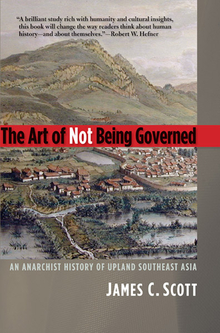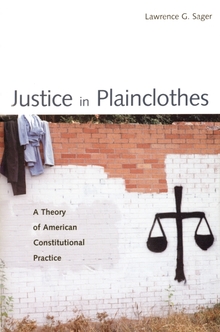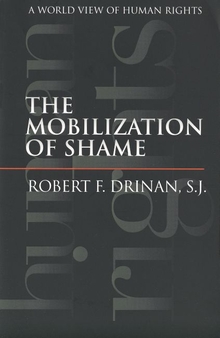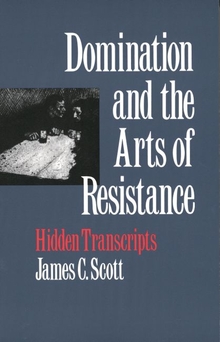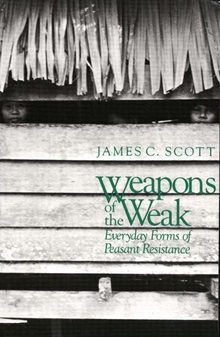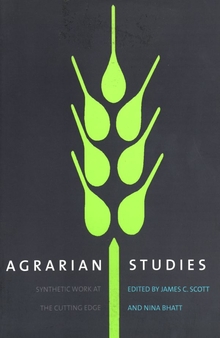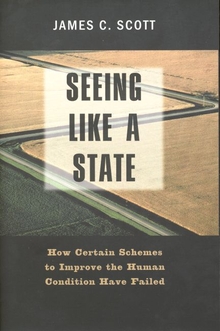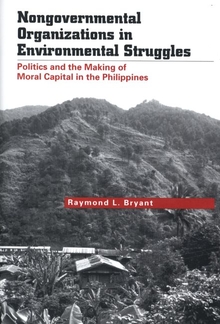The Art of Not Being Governed
WARNING
You are viewing an older version of the Yalebooks website. Please visit out new website with more updated information and a better user experience: https://www.yalebooks.com
An Anarchist History of Upland Southeast Asia
James C. Scott
James Scott, recognized worldwide as an eminent authority in Southeast Asian, peasant, and agrarian studies, tells the story of the peoples of Zomia and their unlikely odyssey in search of self-determination. He redefines our views on Asian politics, history, demographics, and even our fundamental ideas about what constitutes civilization, and challenges us with a radically different approach to history that presents events from the perspective of stateless peoples and redefines state-making as a form of “internal colonialism.” This new perspective requires a radical reevaluation of the civilizational narratives of the lowland states.
Scott’s work on Zomia represents a new way to think of area studies that will be applicable to other runaway, fugitive, and marooned communities, be they Gypsies, Cossacks, tribes fleeing slave raiders, Marsh Arabs, or San-Bushmen.
"James Scott has produced here perhaps his most masterful work to date. It is deeply learned, creative and compassionate. Few scholars possess a keener capacity to recognize the agency of peoples without history and in entirely unexpected places, practices and forms. Indeed, it leads him ever closer to the anarchist ideal that it is possible for humans not only to escape the state, but the very state form itself."—Prasenjit Duara,
National University of Singapore
"A brilliant study rich with humanity and cultural insights, this book will change the way readers think about human history—and about themselves. It is one of the most fascinating and provocative works in social history and political theory I, for one, have ever read."—Robert W. Hefner, Boston University
"Underscores key, but often overlooked, variables that tell us a great deal about why states rise and expand as well as decline and collapse. There are no books that currently cover these themes in this depth and breadth, with such conceptual clarity, originality, and imagination. Clearly argued and engaging, this is a path-breaking and paradigm-shifting book."—Michael Adas, Rutgers University
"Scott’s panoramic view will no doubt enthrall many readers . . . one doesn’t have to see like a Zomian nor pretend to be an anarchist to appreciate the many insights in James Scott’s book."—Grant Evans, Times Literary Supplement
Publication Date: November 30, 2010
2 b/w illus. + 7 maps

